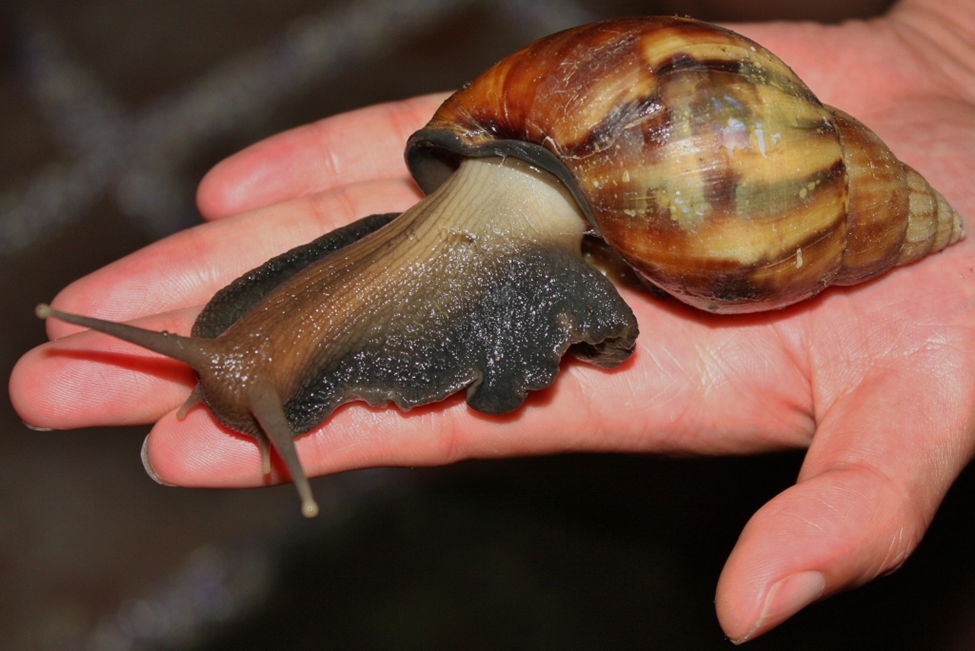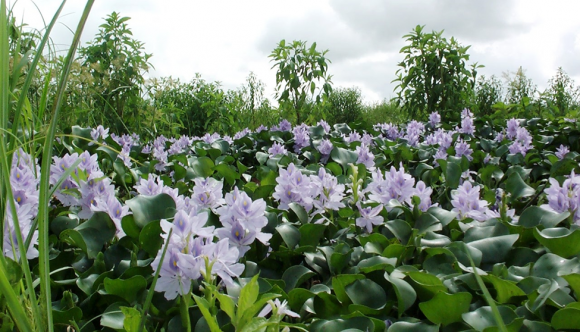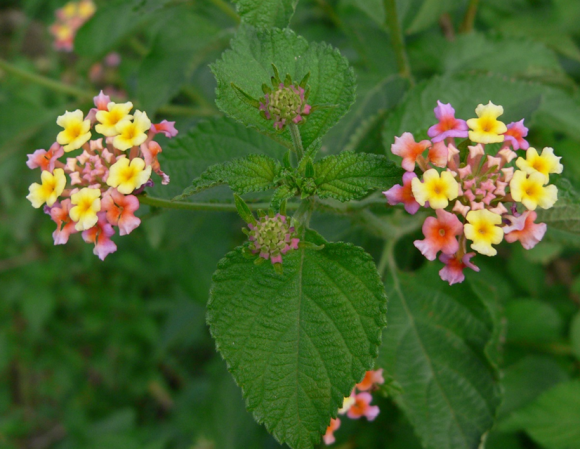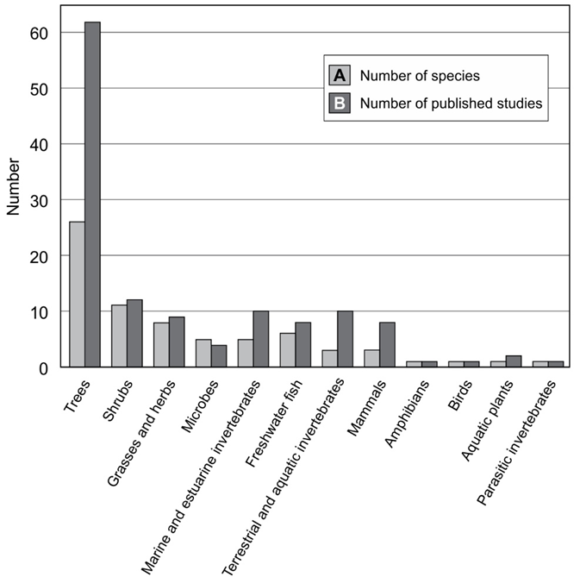3 August 2018 | By Sabrina Kumschick
Even though snails and slugs (gastropods) are some well-known agricultural pests, environmental systems are more vulnerable to alien gastropod impacts. A recent study by C·I·B Hons student, David Kesner and C·I·B Core Team Member, Dr Sabrina Kumschick, at Stellenbosch University on this topic was published in the journal Ecology and Evolution.

Applying these schemes to gastropods that are alien to South Africa, the study found that environmental impacts were equally high in all habitats. The severity of their impacts, however, differed between mechanisms with the predation, grazing/herbivory and competition causing more damage than disease transmission. The relatively low impact found on the socio-economy can be explained by a general resilience of these systems to arthropod pests. Contrary to the authors’ expectations, species with higher numbers of offspring and a larger native range did not have higher impact magnitudes. This leaves the question open to whether any inherent traits of the species could predict their impacts in new ranges.
“Having experienced several local extinctions of wetland snail fauna, environmental systems may be vulnerable to the impacts of alien snails and slugs across habitats”, Dr Kumschick states. She adds that “the knowledge gained on the severity and nature of impacts in studies like ours can directly feed risk assessments and is therefore useful for conservation management.”
Read the paper:
For more information, contact Sabrina Kumschick at sabrinakumschick@sun.ac.za



